We can all admit to at least a few points that would end up in the Android Market’s “needs improvement” column, but that doesn’t change the fact that it is fastly growing as a source for mobile software that could soon rival iOS in terms of number of apps available. With their latest figures mobile app store analytics firm Distimo is breaking down just how the pricing of the over 60,000 apps available breaks down, and compared to all others Android offers an overwhelming amount of free applications.
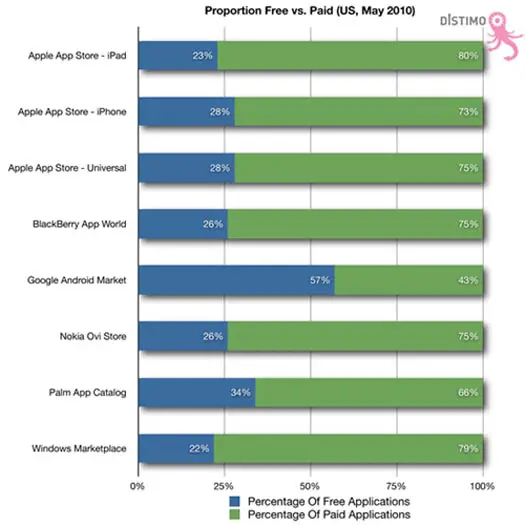
With 57 percent of apps found in the Android Market available at no charge, the number is not only the majority for Android but also of all mobile operating systems. Take the figure as you will, however, as a lack of moderation (for better or worse) by Google means the number of hobbyist developers who can release their software built up on the open source code of Android definitely contributes to the drastic difference compared to the iPhones 28 percent free apps.
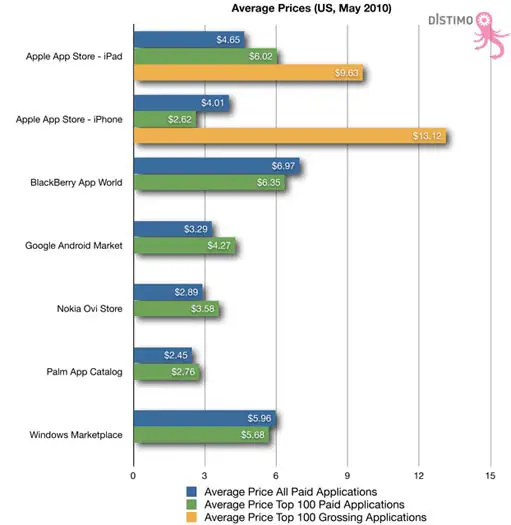
Other data also shows that the average price of apps in the Android Market sits at $3.29, and $4.27 for apps ranked in the top 100. That still comes in cheaper than the Apple App Stores average prices of right around four dollars, though the top ranked apps come in at an average premium of just about two dollars less.
[via PhoneDog]





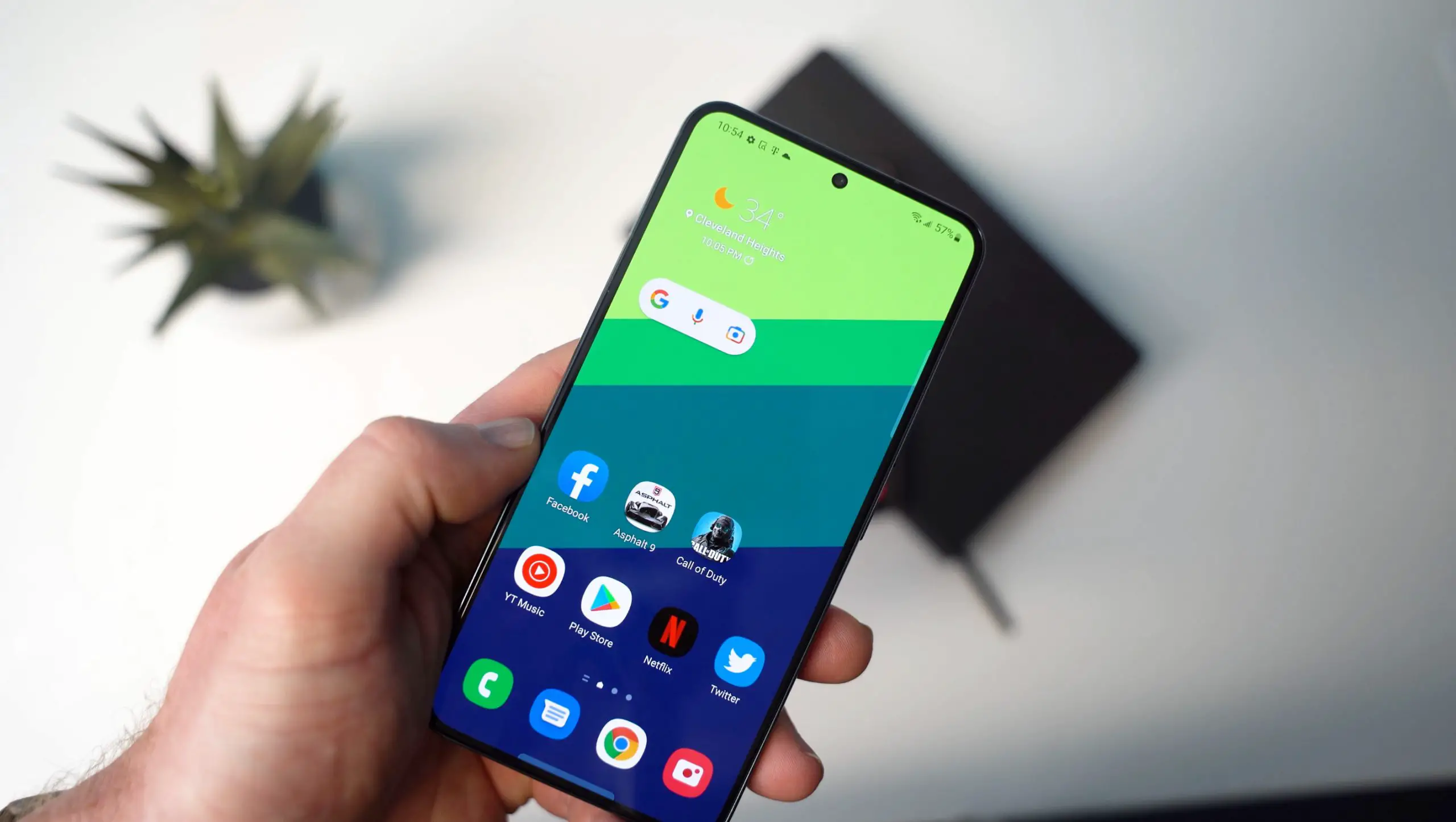

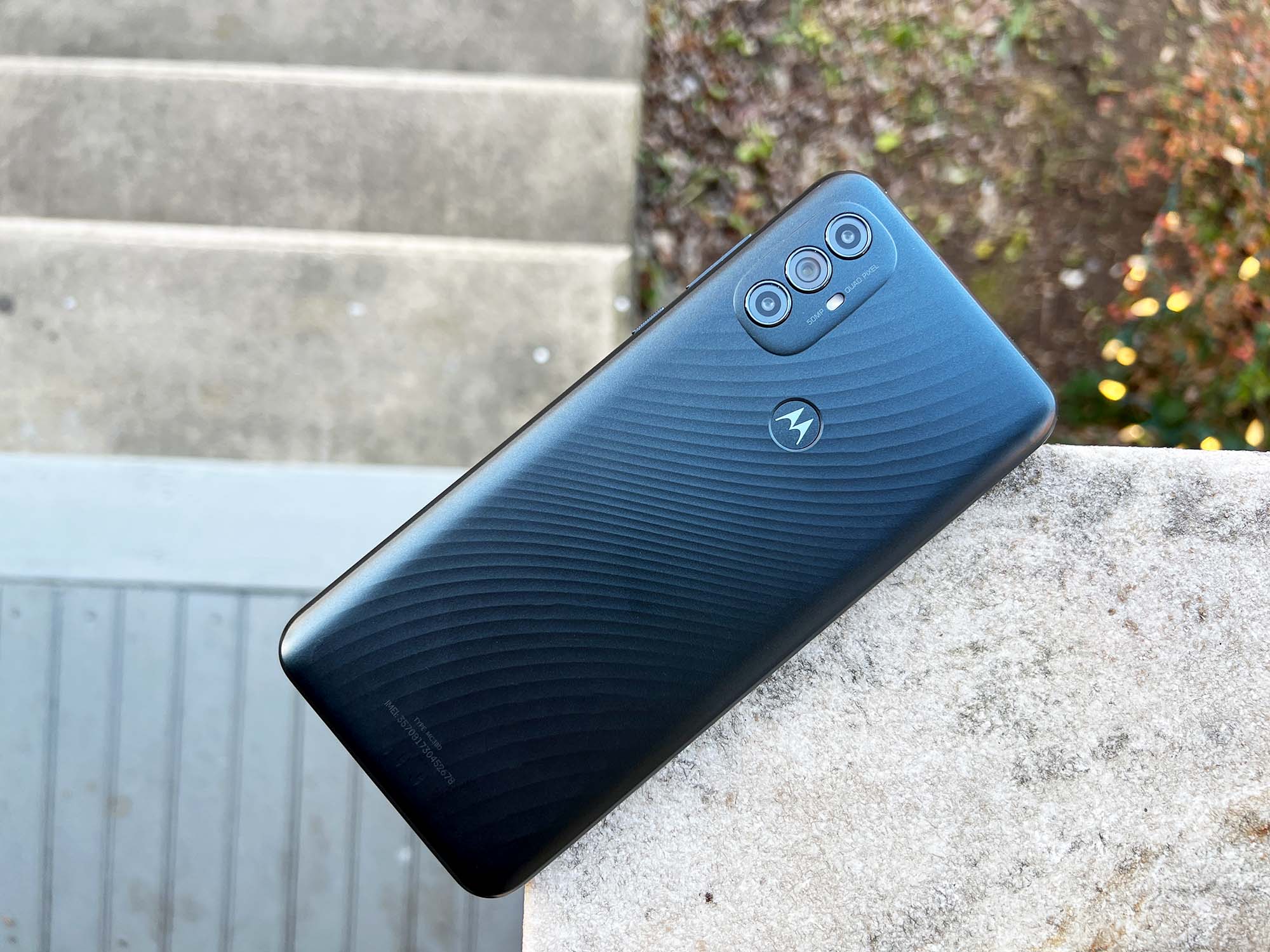
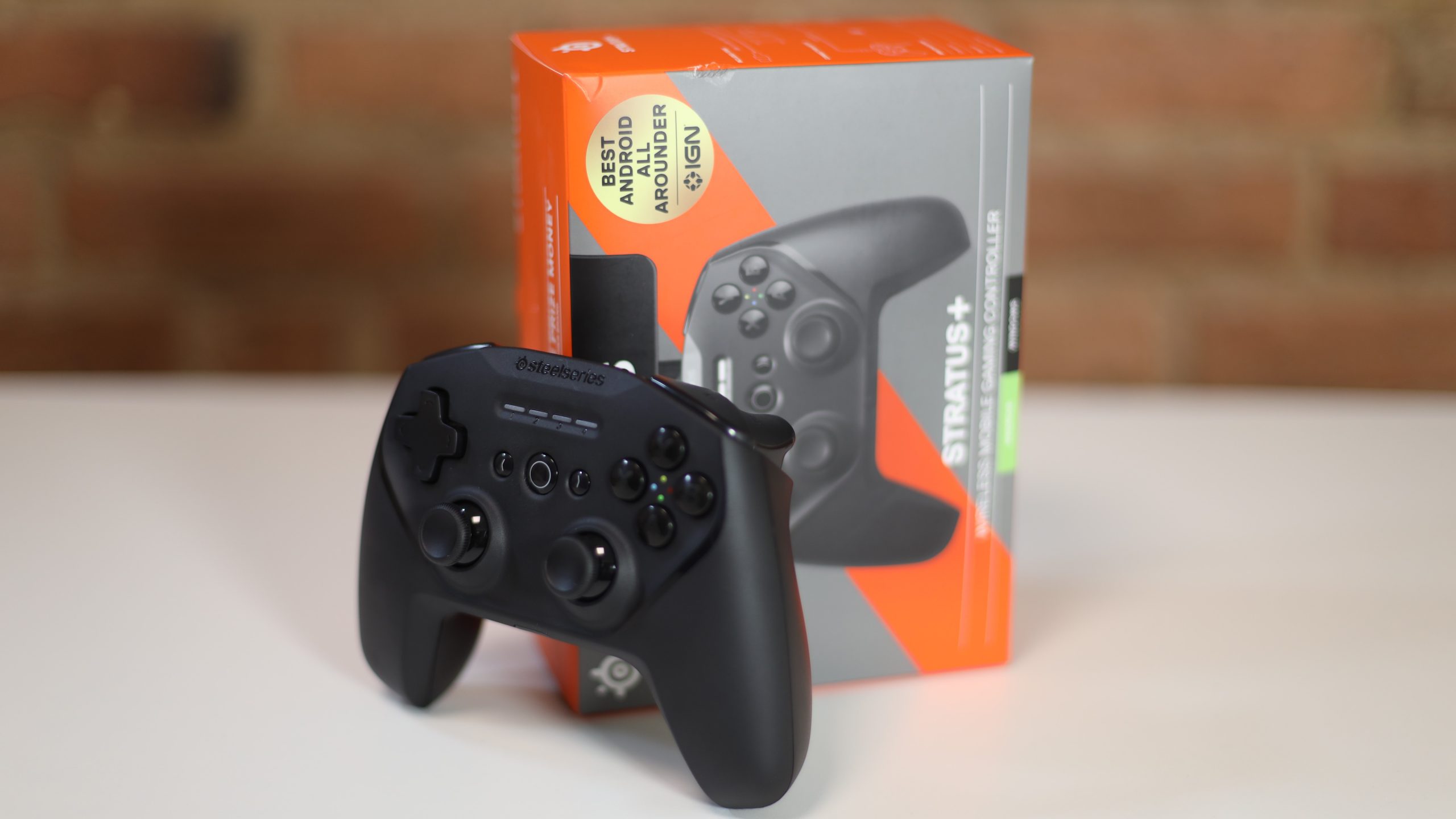


What about the quality of free apps in both markets? That seems like it would have an affect on free vs paid. Android has so many good free apps, most of the best are actually free in my opinion. When I had an iPhone any free ones were just whatever and had to pay for anything cool.
This must be in most part because of the Google Checkout restrictions in the majority of countries. A lot of people dont really have the option the sell apps.
I bet it’s partially because you don’t have to pay to be an android developer…
I like the iPhone’s extra 2%…Makes me seriously doubt the authenticity of these results.
You have to pay a very low fee to become a registered android developer. However, facts are, that it’s still not easy to sell applications in most of the world on Android, and that sucks donkeyballs. If you choose to sell your app on Android Market, you have a very small segment. At the same time, there are some apps that are “free”, but where you have to buy a subscription of some sort to be able to use it, thus introducing payment anyway.
this is not a good thing, these developers have to make a living and ads revenues are not that good
Is this apps available in the market? Or apps that were downloaded?
Are more people developing free apps? Or are more people choosing not to pay for apps?
the Cisco Cius Android tablet will change this as it will increase the demand for serious enterprise apps.
The difference in developer costs plays a big role in this. All developers who want their work in Apple’s App Store have to pay the $99/year developer free. Meanwhile, anyone can do free apps for Android for free themselves, and if they want to sell them, it’s only a $25 developer registration fee.
Apple developers are just trying to recoup their larger development costs.
I have made a personal decision to buy the paid version of apps that I find that come in both free and paid versions. We really need to do all we can to encourage the best programming and apps possible on this platform. I for one am willing to put my money where my mouth is when it comes to saying that android is a great platform, especially when most apps are so darn inexpensive. In many ways Android is already well on the way to becoming the “go-to” OS for smart phones and I want to see it continue and become even more so. Motto: Support Android
Cameron, good catch. 103%? WTH
I’ve bought a few apps, but the market is so hard to browse through that unless I know a specific app I wanna pay for I tend to find less junk in the free apps.
it’s called a rounding error.
ari-free: Rounding errors are usually just the one percent. They have some seriously wacky math, if they get 3% rounding errors!
Rounding error by 3 points? That’s a big error my friend.
I see a couple that add up to 101%…that’s a rounding error. 103%…embellished numbers. Benefit of that I don’t know.
This is kinda sad… it promotes the expectation that Android apps should be free… which is not a business model any good developer can sustain. All this will do is lead to cheap quality apps, fewer developers for Android, and users thinking other phone platforms have better apps.
As much as consumers love free, there’s got to be a revenue stream so that app developers have incentive to develop quality for the platform. “The love of programming” won’t cut it. It’s got to be an incentive where the developer responds to what people want and not a whim. We need developers who are committed to the platform because it’s their livelihoods, not tinkering on the weekend because it’s a hobby.
I would buy some apps… But can’t. I wonder what problems can they have expanding sales to other countries :(.
I know everyone is freaking over the number overlap. I think I have the explanation. I’m guessing they are counting based on unique applications. In other words, apps that have paid and free versions get counted once for the total number of apps available but also get counted for each paid and free version when computing the numbers for the individual percentages. None of the numbers are embellished or falsified or poorly rounded. It’s just the methodology they opted to use in the count. That should have been explained in the story, but for some reason was not. In light of the paid/free/demo/feature limited versions of apps that are often offered, I think they chose well personally.
Great insigths to get from those datas, if my fellow android users could just start buying apps like the iphones users
Does iPhone have ad supported apps? (I don’t know) If not are the ad supported apps on Google considered free or paid?
Do you think some this could be ability to pay for apps. Not just that Android has markets that don’t yet support paid apps, but that you have to use Google checkout?
If Google had a gift card system for the Android market, like Apple do for iTunes, do you think it would help the situation? I know that the 3 Android phones in our house hold would get loads more paid apps if they could be purchased without a credit card.
If more people would buy the paid version of the app more developers like myself will be able to quit our day jobs and focus all of our time on Android! As I see it the ball is in your court guys. I for one would love to publish better apps but can’t afford the resources i need to do so on ad revenue alone.
if there were more apps worth buying im sure more would buy.
Google really, really needs to revolutionise it’s app-purchasing system.
As an iTouch user I’m accustomed to paying for apps.
I would happily pay for apps on android but I don’t like the current system.
Although, to give credit where it’s due, the 24hr refund service is actually a great feature.
The Android market has come a long way in a relatively short amount of time. The price is reasonable and there are a ton of free apps, I think they have done a great job with the Android market so far, although there are a few kinks I wish they would address.
I have been pleasantly surprised at the quality of free apps available in the Android Market. In my opinion, their quality exceeds the quality of free apps available in Apple’s Itunes store. I agree with others who have said that the continued viability of the market depends on the ability of developers to monetize their apps. I think the market itself presents some real obstacles to devs and end users alike.
The store has become unwieldy. With about 72,000 apps, it is so easy to miss good ones. The search function is anemic, which is ironic, considering this is a Google product. There are few ways to sort (where is an alphabetical or entry date sort?) and highlight those apps that are of interest. Considering the large number of complaints heaped on Itunes for being poorly organized, you would think that Google would avoid the same mistakes, but…not so much.
The App Forum begun by Phandroid is intended to help this situation. It’s Google, however, that needs to put more resources into better market organization so that those apps that are of high quality can rise to the top more quickly. For starters, it would help if Google could provide more specific download statistics for apps instead of ranges like “50,000 to 250,000,”or “>250,000,” which are only marginally helpful. Being able to sort apps within a category by rating would also be helpful.
Eh…no. of paid countries vs no. of countries stuck with free apps!?
Apps quality is a big Android problem. Most of apps are lame and lame companies just flood Market with their crap, like AVGirl does. So sad…
@Cameron, you do have to pay to release your app on the Android market. There’s a $25 charge for having access to publish your app.
^ Citation for #29: http://market.android.com/support/bin/answer.py?hl=en&answer=113468
@SteveC – I think you are very correct.
Whilst Apple’s app store to date has so far been a resounding success, The Music Void asks what are the long-term prospects for app stores in general? As usual Apple was the first to innovate in this area.
Read more on this here – http://www.themusicvoid.com/2010/08/what-is-the-long-term-market-viability-of-app-stores/